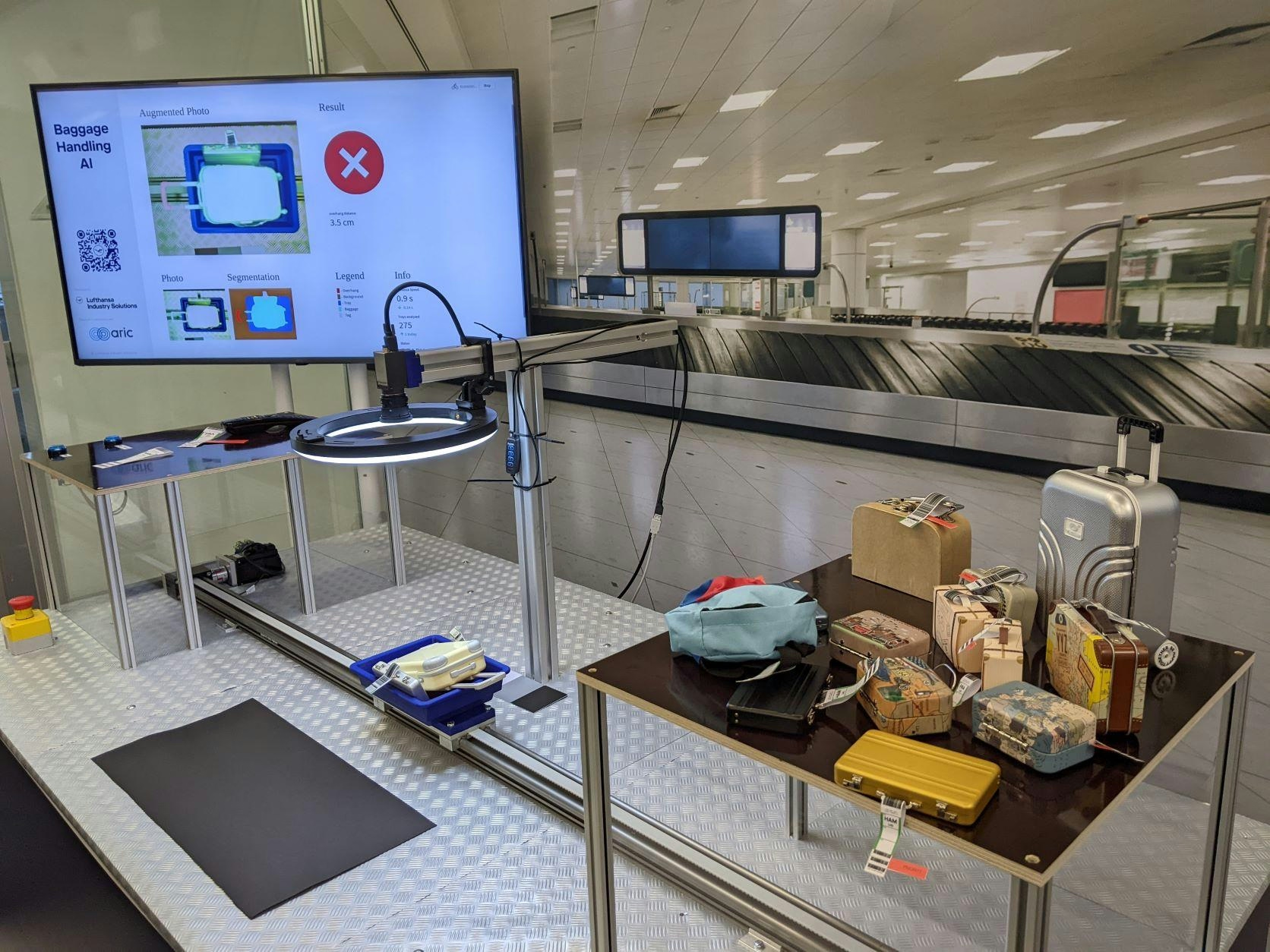エアロジニー — あなたのインテリジェントな副操縦士。
現在のトレンド
Categories
AI in Aviation Market Projected to Reach $4.86 Billion by 2030

AI in Aviation Market Projected to Reach $4.86 Billion by 2030
The global market for artificial intelligence (AI) in aviation is anticipated to expand significantly, rising from $1.75 billion in 2025 to $4.86 billion by 2030. This growth, at a compound annual growth rate (CAGR) of 22.6%, reflects the aviation sector’s accelerating digital transformation. Airports and airlines are increasingly integrating AI technologies to improve operational efficiency, enhance safety measures, and elevate the passenger experience.
Infrastructure Leading Market Growth
The infrastructure segment is expected to hold the largest share of the AI in aviation market by 2025. This dominance stems from substantial investments in AI-driven airport systems such as biometric boarding, baggage tracking, intelligent security screening, and predictive maintenance. The complexity and scale of modern airport operations, which manage millions of passengers and extensive logistics networks, demand sophisticated solutions. AI-enabled systems are streamlining queue management, optimizing gate assignments, and utilizing real-time analytics to anticipate and mitigate delays. Prominent airports including Changi in Singapore, Heathrow in the United Kingdom, and Hartsfield-Jackson in the United States have already adopted AI technologies for crowd management, facial recognition, and automated check-ins. Furthermore, AI applications extend to ground control and airside infrastructure, supporting runway monitoring, ground vehicle tracking, and environmental oversight.
Technological Advancements and Market Drivers
The market’s expansion is further propelled by advancements in machine learning, computer vision, sensor fusion, and natural language processing. Airlines and airports are leveraging these technologies to enable real-time decision-making, predictive maintenance, autonomous systems, and intelligent customer service. The ongoing development of digital aviation infrastructure—including smart airports, AI-powered air traffic control, and automated baggage handling—continues to accelerate AI adoption. Additionally, as sustainability becomes a critical focus, AI is increasingly employed for fuel optimization, efficient flight routing, and emissions tracking across airline fleets.
Despite these opportunities, the rapid integration of AI in aviation faces notable challenges. Regulatory compliance, compatibility with legacy systems, and cybersecurity threats pose significant obstacles for industry stakeholders. The sector’s dependence on advanced technologies, combined with heightened geopolitical tensions, adds complexity to the adoption process. In response, market participants are intensifying investments in AI to enhance safety and operational efficiency, while competitors develop proprietary AI solutions to secure market share.
Supervised Learning as a Leading Technology
Supervised learning is projected to be the dominant technology segment throughout the forecast period. Its reliability, structured data requirements, and transparency make it particularly well-suited to the aviation industry, where safety and predictability are paramount. Supervised learning models, trained on historical maintenance logs and sensor data, are already employed to predict component failures, reduce unplanned downtime, and increase aircraft availability. This technology supports critical applications such as predictive maintenance, weather forecasting, air traffic control optimization, and pilot assistance systems, establishing it as the preferred choice for airlines and maintenance providers.
As technology providers, original equipment manufacturers (OEMs), and aviation software companies collaborate to develop scalable AI platforms tailored to airline operations and airspace management, the AI in aviation market is positioned for robust growth despite the challenges that lie ahead.

Emirates Unveils Cabin Design for New Boeing 777X

Eighteen Years On, the Airbus A380 Remains Central to a $34 Billion Airline

How a boom in luxury airline seats is slowing down jet deliveries

Navitaire Outage Attributed to Planned Maintenance

DigiYatra Debuts Outside Aviation at India AI Impact Summit

Vietnam Orders Strengthen Boeing’s Commercial Outlook

Airbus Signals Uncertainty Over Future A400M Orders

JobsOhio Awards $2 Million Grant to Hartzell Propeller for Innovation Center

Collins Aerospace Tests Sidekick Autonomy Software on YFQ-42A for U.S. Air Force CCA Program

How the Airbus A350-1000 Compares to the Boeing 777
